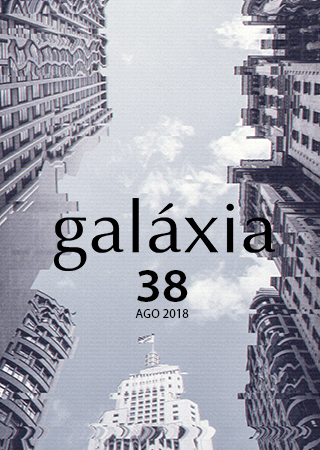Actor-network vs. network analysis vs. digital networks: are we talking about the same networks?3
Keywords:
actor-network theory, digital networks, social networks analysis, STS.Abstract
This paper discusses the differences and affinities among three types of networks (Actor-Networks, Social Networks and Digital Networks) that are playing an increasingly important role in digital STS. In the last few decades, the notion of networks has slowly but steadily struck root across broad strands of STS research. It started with the advent of actor- network theory, which provided a convenient instrument to describe the construction work of socio-technical phenomena. Then came network analysis, and scholars who imported into STS the techniques of investigation and visualization developed in the tradition of social network analysis and scientometrics. Finally, with the increasing ‘computerization’ of STS, scholars turned their attention to digital networks as a way of tracing collective life. Many researchers have more or less explicitly tried to link these three movements in one coherent set of digital methods, betting on the idea that actor-network theory can be operationalized through network analysis, thanks to the data provided by digital networks. Yet, to be honest, there is little evidence proving the continuity among these three objects besides the homonymy of the word ‘network’. Are we sure that we are talking about the same thing?
Metrics
Downloads
Published
Issue
Section
License
I cede the copyrights to publication of my article to Galaxia journal and will consult the journal’s scientific editor should I decide to republish it later in a book.


 Este obra está licenciada com uma Licença
Este obra está licenciada com uma Licença 